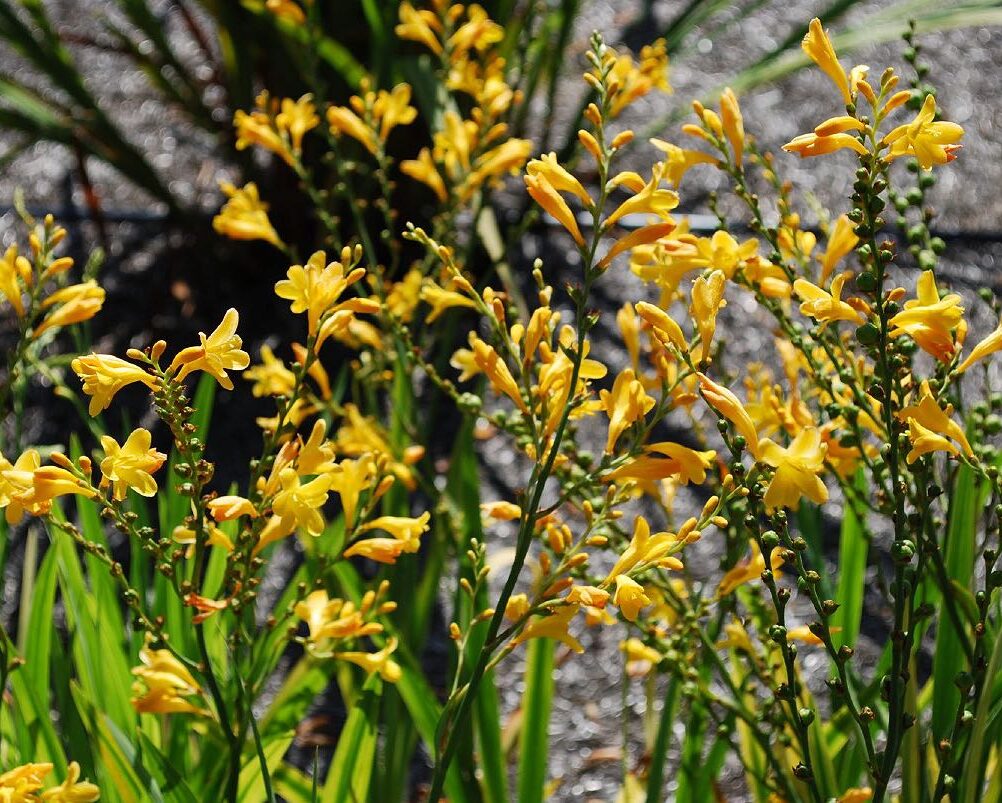Natural mosquito repellents have been around for thousands of years. In Ancient Rome, vinegar was used as a repellent lotion along with smudge burning of herbs, such as oregano. Modern studies show that strong smells will confuse the olfactory senses of mosquitos but do nothing to prevent their attraction to carbon dioxide that we exhale. Mosquito-borne diseases should be taken seriously and some type of repellent used when exposure to them is inevitable.
If you’re around the campfire without repellent, try holding your breath for 30 seconds and allow the wind to carry the mosquitos away. Without a CO2 trail to guide them back to you, they will look elsewhere for their next meal.
Let’s take a look at some of the natural repellents available.
Lemon eucalyptus and pine sprays are designed for outdoor recreation. They can repel mosquitos for up to six hours per application with no limit to the number of times you can reapply. This feature makes them safe for children to use.
Picaridin-based sprays are another natural product. Picaridin is a compound made from black pepper. Application as required is necessary as it has a relatively short period of efficacy, around 1-2 hours depending on the species of mosquito.
Citronella oil is probably the most common repellent in use. However, it is no more effective than regular candles when burned. It is most effective when applied to skin and clothing. Citronella is made from lemongrass and has a strong lemon smell.
It’s easy to make your own mosquito repellent. Fill a small spray bottle, about 50-100ml with water. Add ten drops of lemon eucalyptus and five drops of either tea tree or lavender oil. Experiment with the concentration until you find a ratio that is appealing. Apply often for maximum protection and to smell great too.
We are window screen specialists! Contact us today for window washing, screen washing, and replacement.




